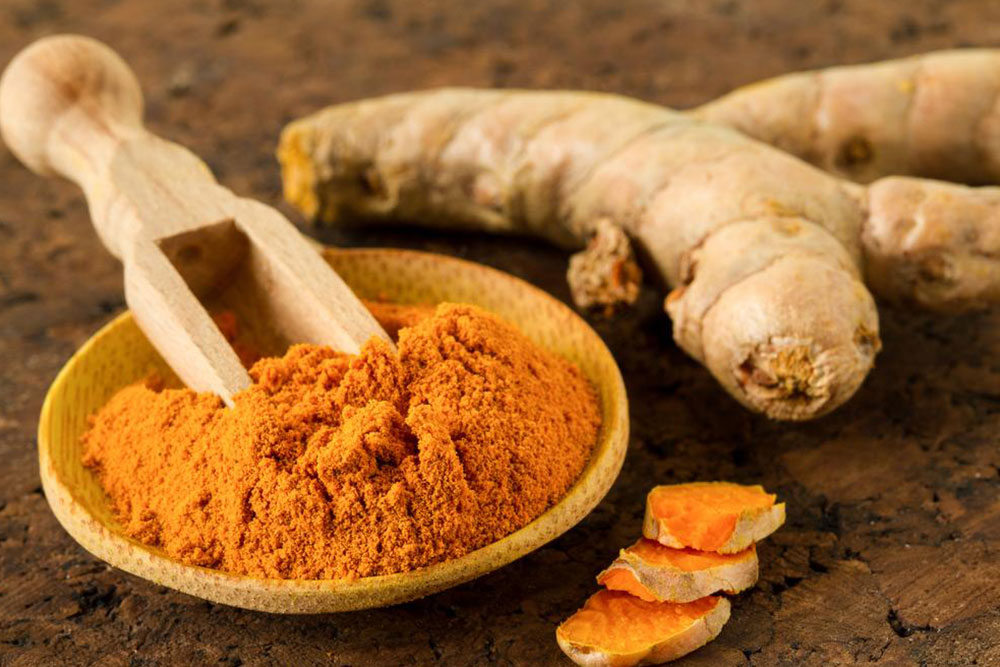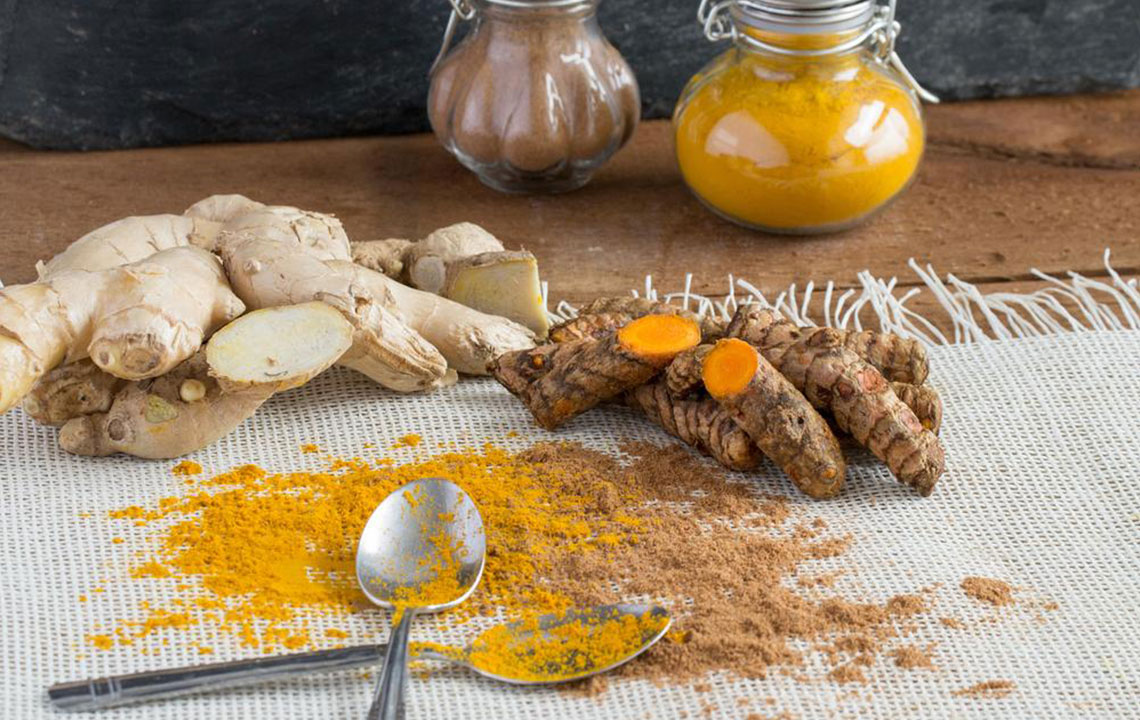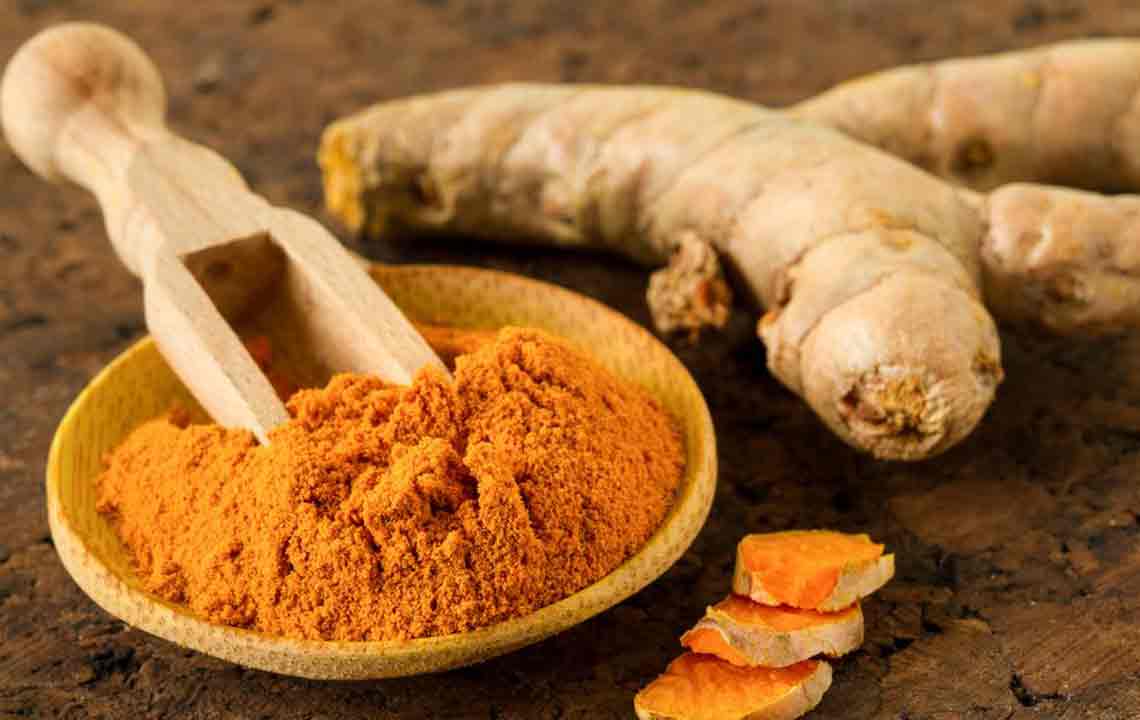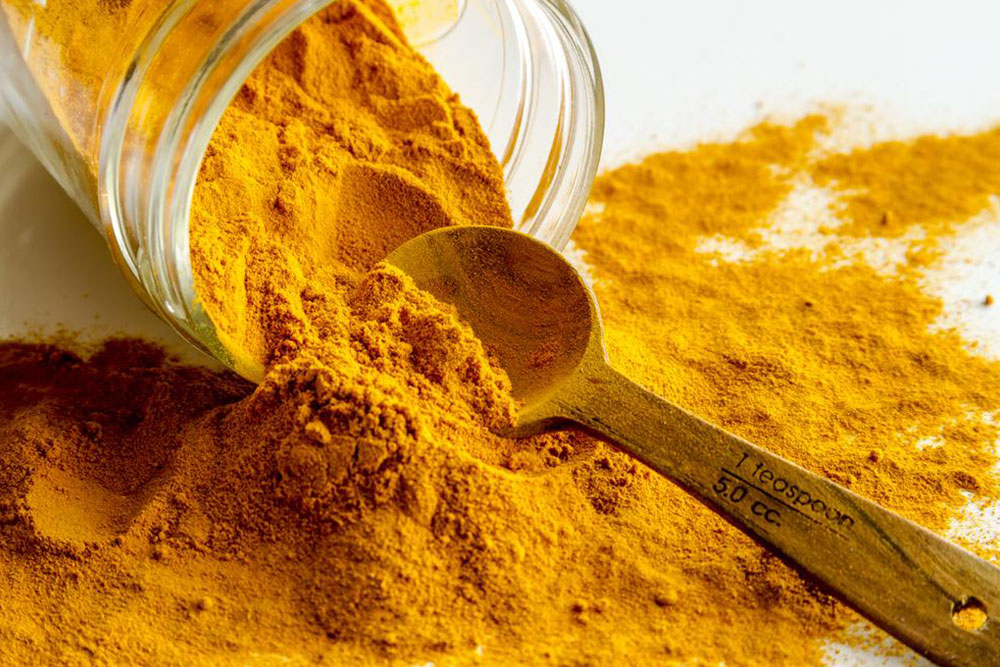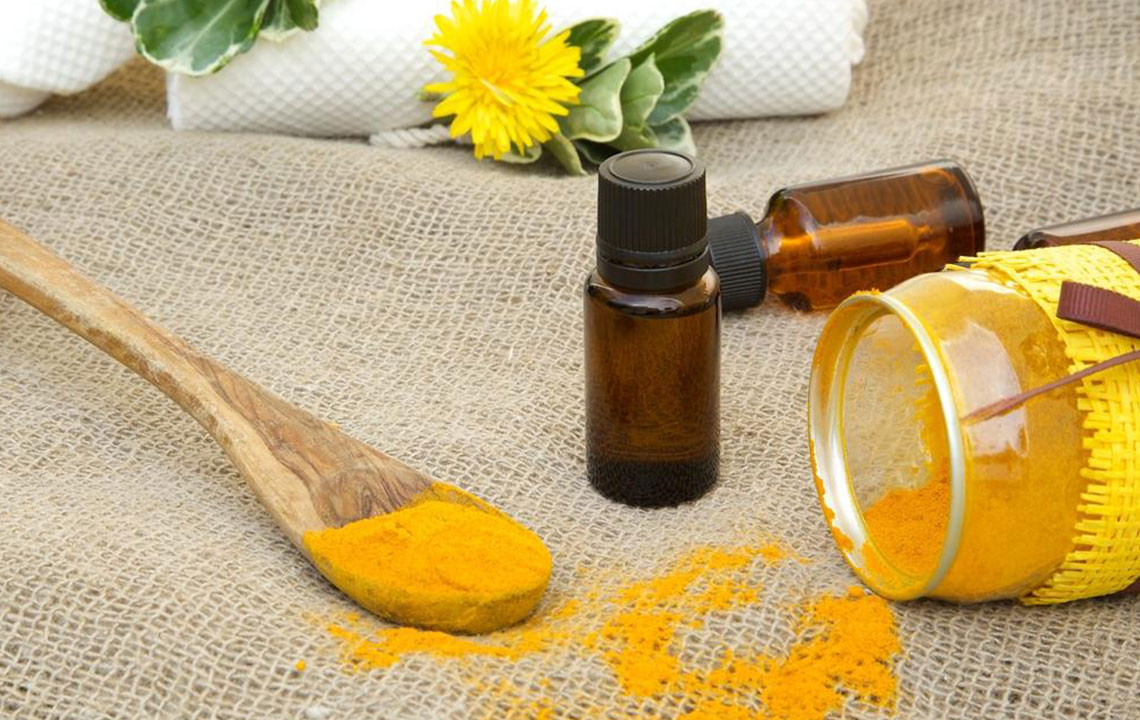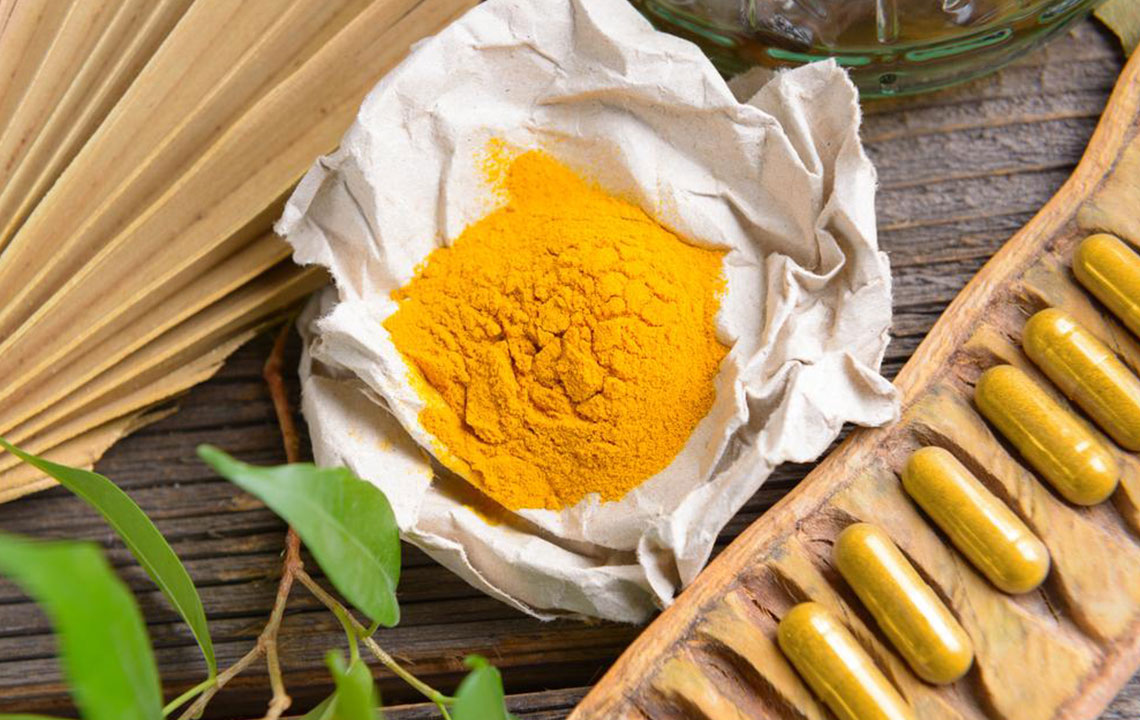Advantages and Disadvantages of Turmeric and Its Active Compound Curcumin
Explore the health benefits and potential risks of turmeric and curcumin. Understand their uses in traditional medicine, their anti-inflammatory and antioxidant properties, and how to consume them safely to maximize advantages while minimizing side effects.
Sponsored
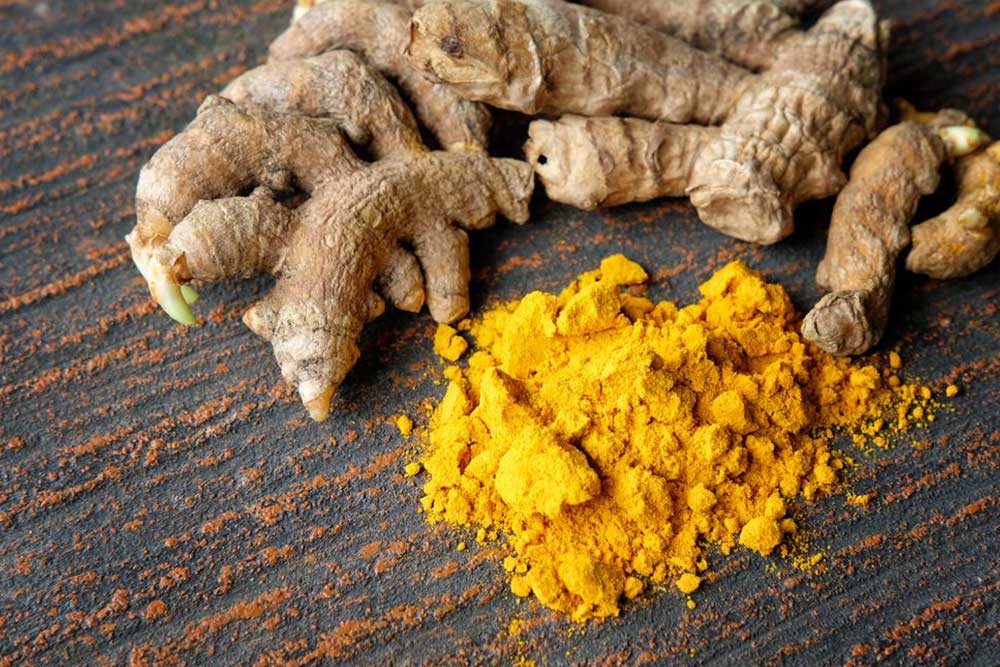
Advantages and Disadvantages of Turmeric and Curcumin
Turmeric is a vibrant yellow spice originating from Southeast Asia and the Indian subcontinent. It belongs to the ginger family and thrives in warm temperatures between 68°F and 86°F with adequate rainfall. The roots are harvested, boiled, dried, and ground into powder, widely used in Asian dishes for flavor and color. Curcumin, the bright yellow compound in turmeric, is valued as a herbal supplement and food additive. It is responsible for turmeric’s distinctive hue and health-related benefits.
Health Benefits of Turmeric Despite potential side effects, turmeric and curcumin have been used traditionally across Asia for various health treatments.
Some notable benefits include:
Therapeutic Properties
Curcumin provides anti-inflammatory and antioxidant effects, contributing to overall health.
Inflammation Reduction
Chronic inflammation underpins numerous Western diseases. Curcumin helps reduce molecules that cause inflammation.
Antioxidant Support
Curcumin enhances activity of enzymes that fend off free radicals, protecting cells from oxidative stress.
Joint Health
Curcumin’s anti-inflammatory qualities aid in managing arthritis symptoms.
Skin Improvement
Topical application of turmeric can diminish marks and blemishes, enhancing skin appearance.
Potential side effects from excessive intake of turmeric and curcumin include:
Kidney Stones
High consumption of turmeric, which contains oxalates, may increase the risk of kidney stones.
Purity Concerns
Many commercial turmeric powders are adulterated with fillers like cassava starch, wheat, or rye flour, which may be problematic for those with gluten sensitivity or celiac disease.
Heavy Metal Content
Some turmeric products contain excessive lead, posing long-term health risks.
Yellow Skin Staining
Prolonged use of turmeric on skin can cause a permanent yellow tint; it may also stain teeth if consumed excessively.

